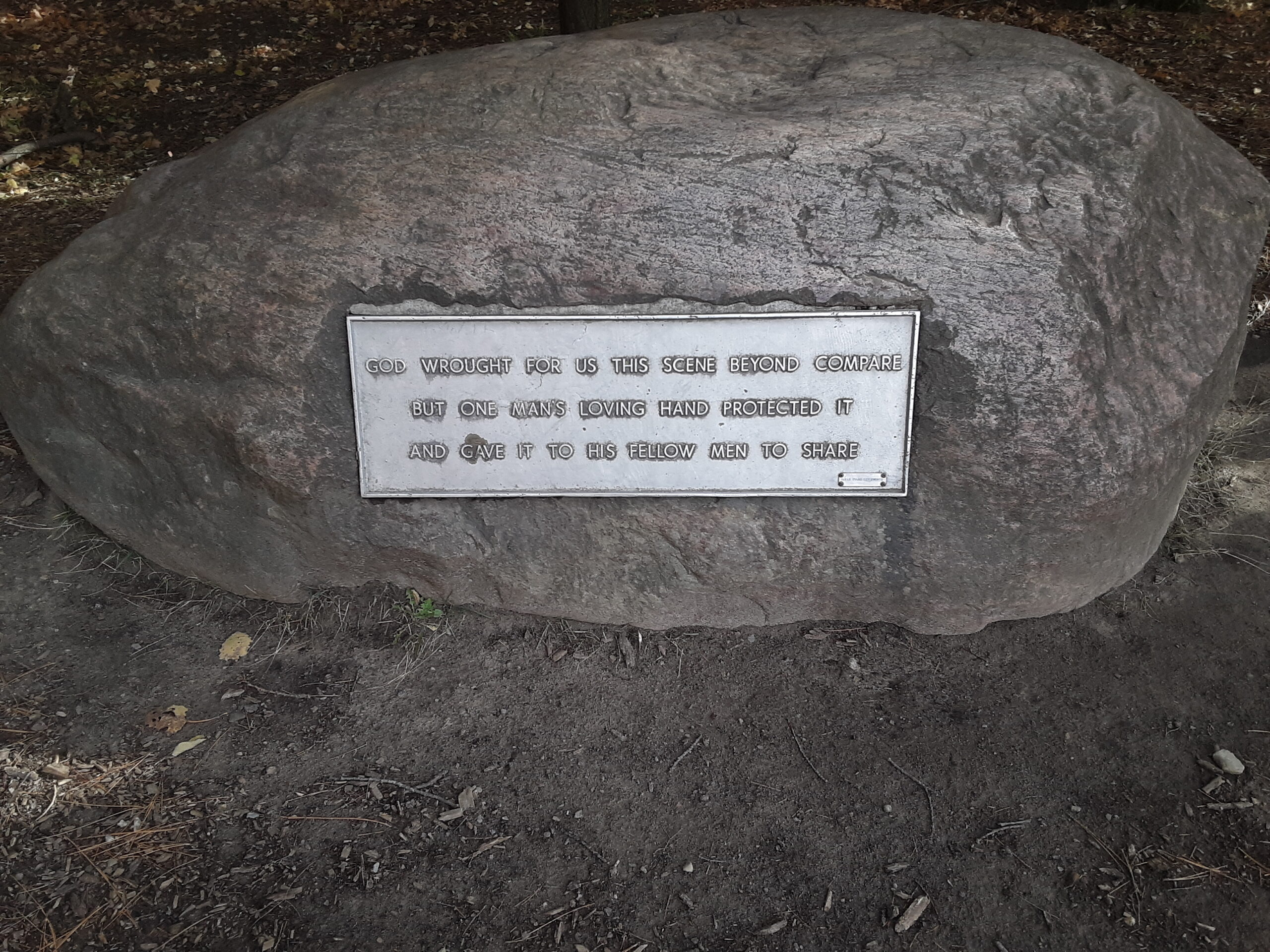30th Sunday in Ordinary Time, Year C
Sirach 35:12-14, 16-18
Psalm 34:2-3, 17-18, 19, 23 (7a)
2 Timothy 4:6-8, 16-18
Luke 18:9-14
October 23, 2022
Once again Jesus tells a parable, this time “to those who were convinced of their own righteousness and despised everyone else.” One would hope none of us would in this category but since it is Jesus speaking, we do well to listen anyway.
Jesus speaks of two people who went to the temple area to pray. The first was a Pharisee. As a Pharisee he should be a man of great faith. How does he pray?
Jesus says the Pharisee “spoke this prayer to himself.” Really? He spoke a prayer to himself? Isn’t prayer supposed to be a conversation with God? Hum…
What words does the Pharisee say? He begins, “O God, I thank you…” Here he does something good as it is always good to start our prayer by thanking God.
The Pharisee continues, “…that I am not like the rest of humanity – greedy, dishonest, adulterous – or even like this tax collector.”
Wow!
Now, he should certainly be thankful that he isn’t greedy, dishonest, or adulterous. Greed is one of the seven deadly sins. Dishonesty breaks the Eighth Commandment. Adultery breaks the Sixth Commandment. We ask for the grace to not commit any of these sins and we thank God for the grace. But to actually say in prayer that we are not like, that we are better than others, that’s astonishing! He even points to the tax collector in his judgment.
Then, what does the Pharisee do? He boasts that he fasts twice a week and tithes. These are things that are good to do but we should not boast. This would be pride and pride is one of the Seven Deadly Sins.
We see a very different attitude in the prayer of the second person, a tax collector. He knows he is a sinner. Because of this he “stood off at a distance and would not even raises his eyes to heaven.” He understood his unworthiness. He also understands that God is merciful. He “beat his breast and prayed, ‘O God, be merciful to me a sinner.”
Who are we like? Are we like the Pharisee who judges himself better than others? Do we judge others for their sin? Do we judge others for the way they speak or the color of their skin?
Or do we admit our sins like the tax collector and hand our sins over to God, trusting in his mercy?
Now, “The LORD is a God of justice who knows no favorites.” He loves all of us, “though not unduly partial toward the weak…oppressed…orphans…widows.”
A parent loves all their children the same but that isn’t the same as treating them all the same. Some children need more help than others. God helps those who need it and open themselves to his grace. “The LORD is close to the brokenhearted: and those who are crushed in spirit he saves.”
The Lord listens to the one who serves him but this is not a case of if they do what He wants, He will do what they want. We are not to serve God to get what we want in exchange. We seek to serve God because it is right and just.
When we surrender ourselves to God’s mercy like the tax collector, God will raise us up.
Now, I would like to return to the boasting of the Pharisee in light of our second reading. Is Paul boasting like the Pharisee?
Paul says, “I have competed well; I have finished the race; I have kept the faith.” He speaks of the “crown of righteousness” that awaits him. This sounds like boasting. What makes Paul different than the Pharisee?
Where does Paul say he will get the crown of righteousness from? The Lord. It is not of his own doing. It is from the Lord is at work in him. And not only in him but to all those who have sought the Lord. Paul does not make himself out to be better than anyone else.
Paul acknowledges that Lord stood by him and gave him strength.
Paul acknowledges his sinful past and that he did not rescue himself. It is the Lord rescued him.
Paul recognizes that all the credit for the good he has done belongs to the Lord, “to him be glory forever and ever.”
Jesus says, “for whoever exalts himself will be humbled and the one who humbles himself will be exalted.”
Do you humble yourself before the Lord?
It might seem like a dumb question as we gather in church but the Pharisee was in the temple area boasting of himself.
Do you beat your breast and confess your sins to God?
Are you open to changing your life, handing it over to God?
This weekend, at the 10 am Mass, we will celebrate the Rite of Welcoming for those who have started the RCIA process. They are doing this because they are looking for something more. That something is the fullness of what God offers us.
Are you open to letting the Lord change you?




